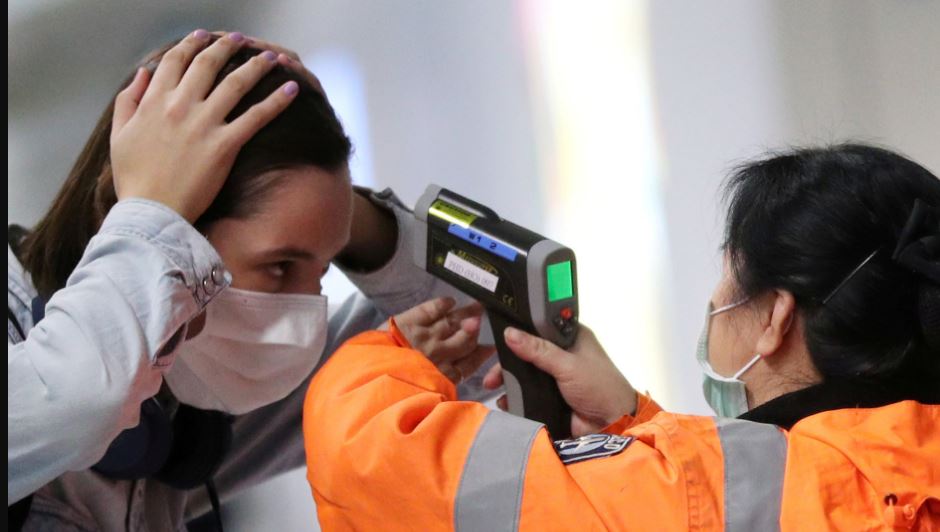Los Angeles: Scientists have discovered a common feature found in many of the human antibodies that neutralise the novel coronavirus, a finding which they say can aid successful vaccine development against COVID-19.
While multiple vaccine candidates have entered clinical trials, the researchers, including those from the Scripps Research Institute in the US, said the features of human antibodies which contribute to the most effective immune response against the novel coronavirus — SARS-CoV-2 — remain unclear.
In the study, published in the journal Science, they assessed nearly 300 recently identified human SARS-CoV-2 antibodies, and uncovered a gene frequently associated with those most effective against the virus.
The researchers explained that SARS-CoV-2 uses the receptor binding domain (RBD) on its spike protein to bind to the host cell-surface receptor, ACE2, and infect human cells.
They said antibodies which could target the RBD and block binding to ACE2 are highly sought, and a number have been discovered.
In the current study, the scientists, including Yuan Meng from The Scripps Research Institute, assessed a list of 294 such RBD-targeting antibodies.
They found that a gene in the IGHV gene family, known as IGHV3-53, is the most frequently used IGHV gene for targeting the RBD of the virus spike protein.
IGHV3-53 antibodies, the researchers said, not only have lower mutation rates but are also more potent in neutralising the virus.
By studying the 3D structures of two IGHV3-53 antibodies bound to the RBD, the researchers identified the features which made them effective and promising for vaccine design.
“Overall, our structural analysis demonstrates that IGHV3-53 provides a versatile framework to target the ACE2 binding site in SARS-CoV-2 RBD,” the study noted.
The researchers said the study results can facilitate the design of vaccine agents that can elicit strong neutralising antibody response.
“As IGHV3-53 is found at a reasonable frequency in healthy individuals, this particular antibody response could be commonly elicited during vaccination,” they wrote in the study.
PTI
